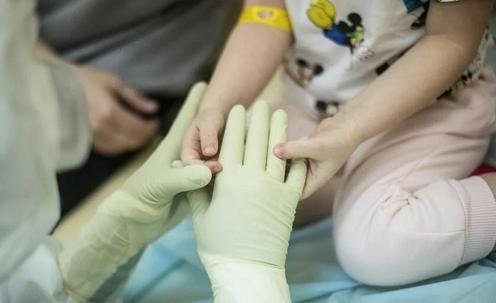Uzbekistan has developed and adopted a National Strategy to Combat Childhood Cancer for 2025–2030, which represents a fundamental step toward strengthening the system of multidisciplinary pediatric care. This was stated in a press release published on the website of the country's Ministry of Health.
It is noted that the document aligns with the «Uzbekistan 2030» Strategy, the Global Initiative for Childhood Cancer (GICC), the UN Sustainable Development Goals, recommendations from the Vienna International Medical University, and other organizations.
The strategy to combat childhood cancer paves the way for healthcare modernization, strengthens human and infrastructural capacity, and establishes a unified approach to delivering high-quality care to children at all levels.
«Childhood cancer is no longer a struggle families face alone — it is a national priority,» emphasized Uzbekistan’s Minister of Health Asilbek Khudayarov.
The official added that the strategy includes the country’s commitment to achieving at least a 60% survival rate and reducing mortality by 2.5 times by 2030.
According to the ministry, on May 15 the implementation paths of the adopted strategy were discussed during a meeting with international experts, including representatives of the UN Office in Uzbekistan, the World Health Organization, UNICEF, and others. Specialists highlighted the importance of a comprehensive approach and emphasized key necessary elements:
👉 implementation of modern programs for early diagnosis and treatment;
👉 improvement of medical facility infrastructure;
👉 training of qualified personnel;
👉 provision of medical care through the digitalization of oncology services;
👉 comprehensive monitoring systems, as well as avenues for psychosocial and family support.
«Developing a national strategy on childhood cancer — a document with clear goals, concrete actions, and the necessary resources to save as many children’s lives as possible — is an important step for Uzbekistan. This strategy will help expand access to quality care for children with cancer based on real data collected in the country,» emphasized WHO Representative in Uzbekistan Ashina Halakdina.
According to her, the Central Asian country has joined WHO’s Global Initiative for Childhood Cancer, thanks to which patients in 16 medical institutions across the republic now receive safe, effective, and free medications.
The expert added that the World Health Organization will continue to support Uzbekistan, particularly in matters of establishing a management system, coordinating efforts, and utilizing data to ensure the strategy is implemented in practice.










